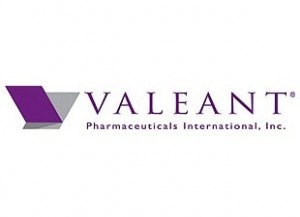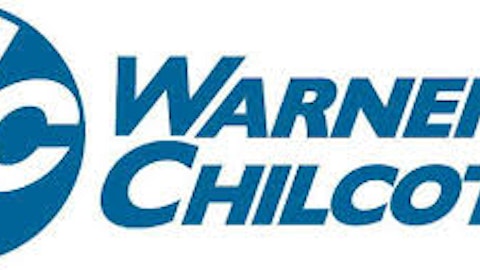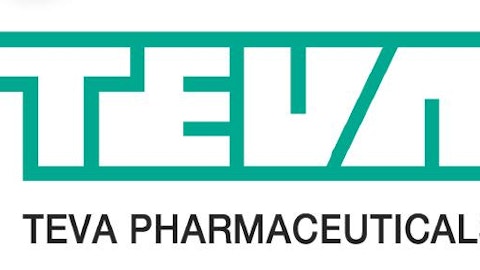Valeant Pharmaceuticals Intl Inc (NYSE:VRX) has built a unique, winning drug business by acquiring underperforming niche product franchises and incorporating them into its efficient operating structure. From 2008 to 2012, the company grew its revenues by 368% through a string of acquisitions, including purchases of Biovail in 2010 and Medicis in 2012. However, Valeant Pharmaceuticals Intl Inc (NYSE:VRX) went off strategy last month with its bold attempt to acquire Actavis Inc (NYSE:ACT), the #3 player in the generic segment of the pharmaceutical business, which was itself the result of last year’s merger between Watson Pharmaceuticals and Actavis Inc (NYSE:ACT) Group. So, what was Valeant Pharmaceuticals Intl Inc (NYSE:VRX) management thinking?

Valeant Pharmaceuticals Intl Inc (NYSE:VRX) has used extremely low financing costs to build its empire, courtesy of the Federal Reserve, with a current debt load that approaches $11 billion. As long as the debt markets continue to give the company affordable financing, Valeant Pharmaceuticals Intl Inc (NYSE:VRX) appears willing to pursue value-enhancing acquisitions. Prior to Actavis Inc (NYSE:ACT)’s recent share price spike, it fit Valeant Pharmaceuticals Intl Inc (NYSE:VRX)’s value investment criteria with an adjusted P/E multiple in the low teens.
Actavis Inc (NYSE:ACT) generates most of its sales from the generic segment, 75% in FY2012, which has led to lower gross margins than its branded drug competitors. This segment requires massive size and scale for long term success and the company has built a 60 country operating footprint, with recent expansion activities into Russia, Australia, and the Nordic countries. Actavis Inc (NYSE:ACT) has also been moving toward the higher-margin, specialty drug segment, like oncology and women’s health, which are less susceptible to reimbursement cuts from government insurance programs.
In FY2012, Actavis Inc (NYSE:ACT) reported a 29.0% increase in its revenues, primarily due to its combination with Watson Pharmaceuticals, as well as gains from its specialty drug and distribution segments. The company’s operating margin slipped, though, due to rising competition in the generic segment and a need for heavy investment in research and development. Not surprisingly, Actavis continues to pursue acquisitions in the specialty drug segment, in a bid to offset its profit margin compression.
Following the leader
Actavis is following the lead of Teva Pharmaceutical Industries Ltd (ADR) (NYSE:TEVA), its larger competitor and the #1 player in the generic segment. From 2008 to 2012, Teva Pharmaceutical Industries Ltd (ADR) (NYSE:TEVA) nearly doubled its revenue base through major acquisitions, including Barr Laboratories in 2008 and Cephalon in 2011. However, the company has struggled to generate strong profit growth, due to rising competition in the generic segment and government pressure to lower drug costs, especially in the European Union.


